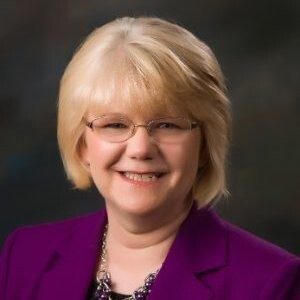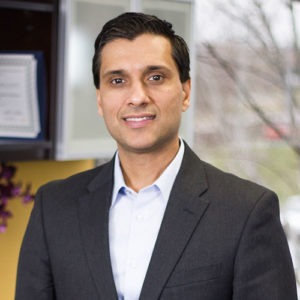One-on-one with…Leah Klusch
Leah Klusch, RN, BSN, FACHCA, executive director of the Alliance Training Center, an Alliance, Ohio-based educational foundation and consultancy, recently spoke with Long-Term Living Senior Editor Lois A. Bowers about operational and care-related issues that are—or should be—on the minds of long-term care (LTC) leaders.
What issues are especially important right now?
Newer guidance, data and philosophy. In January, for instance, for the first time in numerous years, the Centers for Medicare & Medicaid Services (CMS) updated and changed the Medicare Benefit Policy Manual related to skilled nursing facilities (SNFs). Administrators, CFOs, CEOs and compliance professionals need to take a look at what the current documents say, make sure they’re communicating that information to their teams and make sure they understand the changes so they don’t see returned payments and audit activity.
Does any guidance especially seem to surprise people?
CMS’ guidance related to therapy is now very specific. Five to seven years ago, what we considered skilled rehabilitation services or therapy had a broader definitional base. CMS also refined the definition of skilled nursing and added some additional documentation requirements and guidelines related to that. Clinicians need to be very careful that they’re documenting accurately and completely.
What new data are available for LTC leaders?
In Program for Evaluating Payment Patterns Electronic Reports (PEPPERs), CMS takes segments of a facility’s billing records, analyzes them and compares with others in the state; with others in the payment jurisdiction, which is the Medicare audit contractor; and with the national averages. An operations person will see a very interesting picture of how a facility’s platform for Part A Medicare billing is similar or different demographically. But only half of the facilities in the United States have accessed their PEPPERs, according to CMS. That surprises me; the PEPPERs are very connected to the fraud prevention system and some of the audits, so I would think that facility managers and owners would be anxious to see their PEPPERs. The first set of PEPPERs was mailed to the facilities, but now they’re electronically transferred through the www.PEPPERresources.org website. Initially, when you go on that website, you have to set up an account for the building, but it’s not difficult to do. And then those statistics are sent only to your building.
How have recent industry changes affected LTC operations?
SNFs are part of the healthcare continuum and must open the lines of communication with acute care and home care providers so that all have a good understanding of the services rendered and have good transitions of care and documentation flow. Rehospitalizations are extremely expensive and can be very damaging to elders. The rehospitalization piece will be the piece that CMS can specifically follow and penalize. CMS is being punitive right now with hospitals, and in another year or so, it’s going to be punitive with our industry, with payment being affected by a facility’s rehospitalization rate. It could be very damaging to a facility’s reputation and ability to operate in the community.
What care those in LTC do to prepare?
It’s very important that we give clinicians the time and the tools to stay up to date so they don’t make mistakes. In addition to the other topics I mentioned, two new focuses on the regulatory side right now are on how we deliver care to residents with dementia and MDS accuracy. Surveyors in some states are reviewing the record during the visit and testing to see whether the MDS is a true representation of the condition of the resident during that specific time period. We’ve not had that scrutiny from the surveyors before. So clinicians, social workers, activities professionals and dietary professionals need to look at the various ways they document to make sure that when an assessment document goes in, it’s an accurate representation of the resident’s status and care.
And what about philosophy?
Person-centered care, individualized programs and communication are really important right now. We’re constantly looking to improve the personalization and individualization of care so that care delivery is appropriate and singularly effective for each person. As clinicians and operational professionals, we must strive to treat the individual, and no matter what his or her circumstances are, appreciate how the elder is perceiving care delivery and also think about the type of services necessary to deal with special needs.
I Advance Senior Care is the industry-leading source for practical, in-depth, business-building, and resident care information for owners, executives, administrators, and directors of nursing at assisted living communities, skilled nursing facilities, post-acute facilities, and continuing care retirement communities. The I Advance Senior Care editorial team and industry experts provide market analysis, strategic direction, policy commentary, clinical best-practices, business management, and technology breakthroughs.
I Advance Senior Care is part of the Institute for the Advancement of Senior Care and published by Plain-English Health Care.
Related Articles
Topics: Articles , Executive Leadership , Facility management , Leah Klusch , Medicare/Medicaid , Regulatory Compliance










